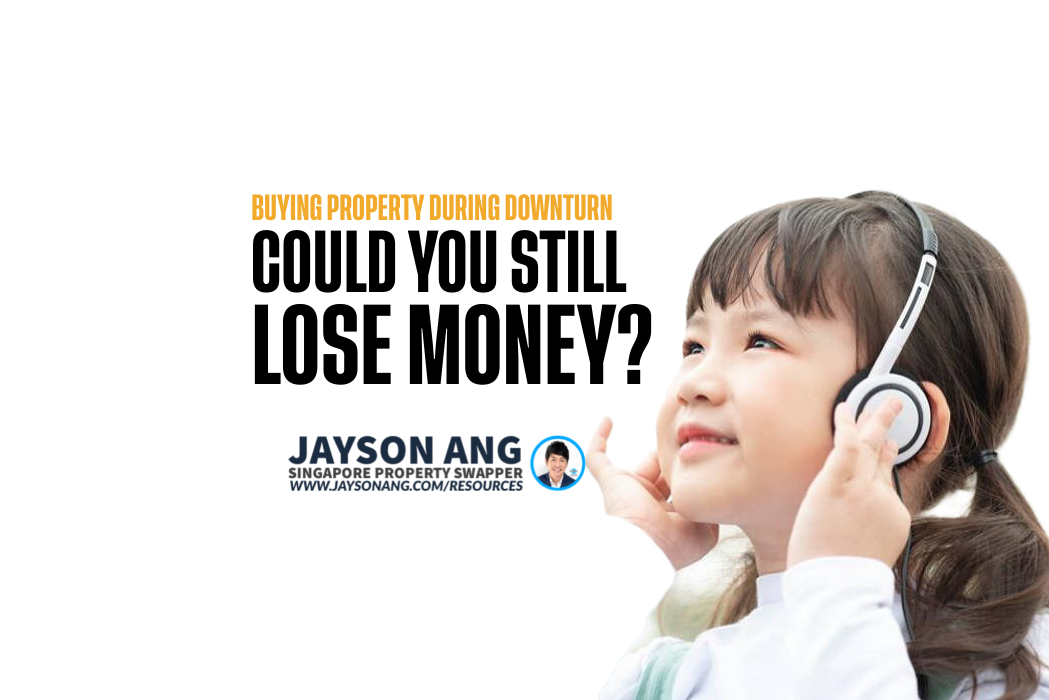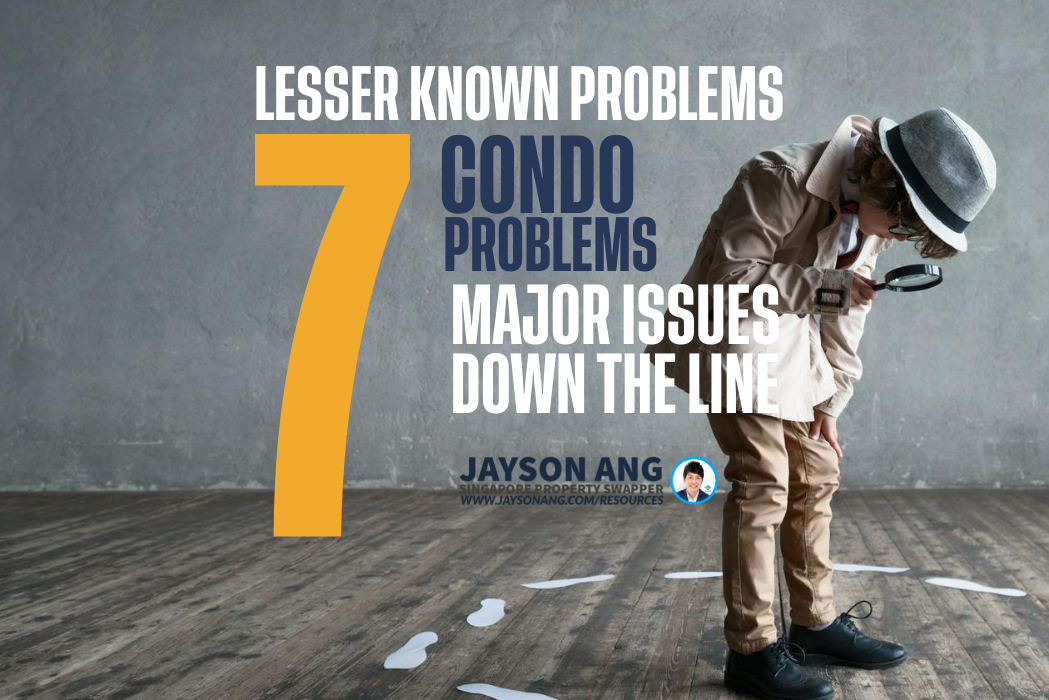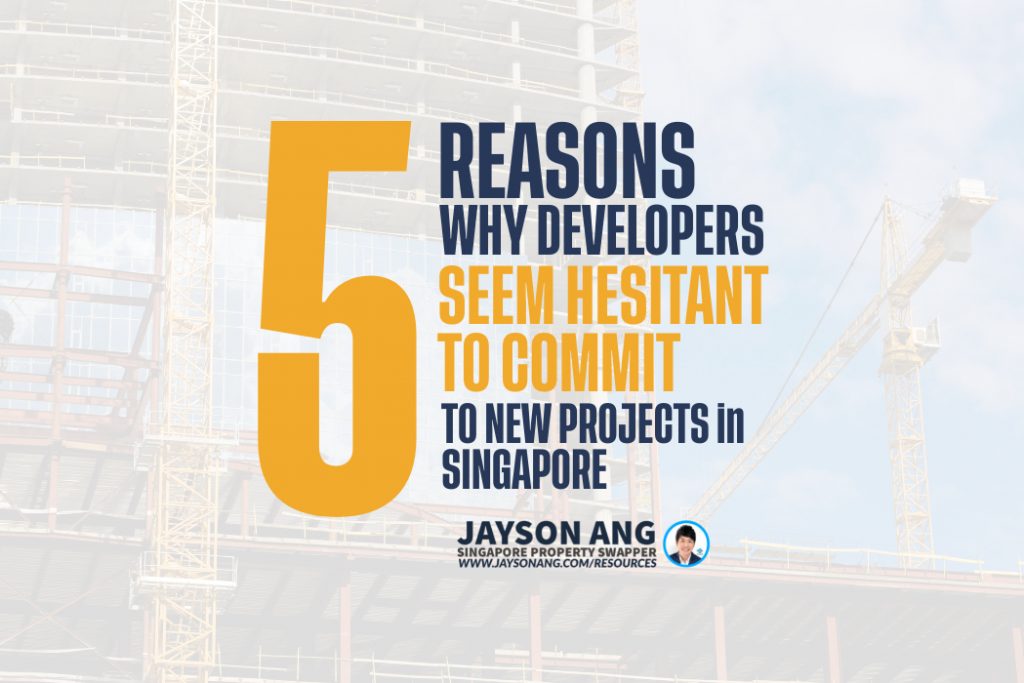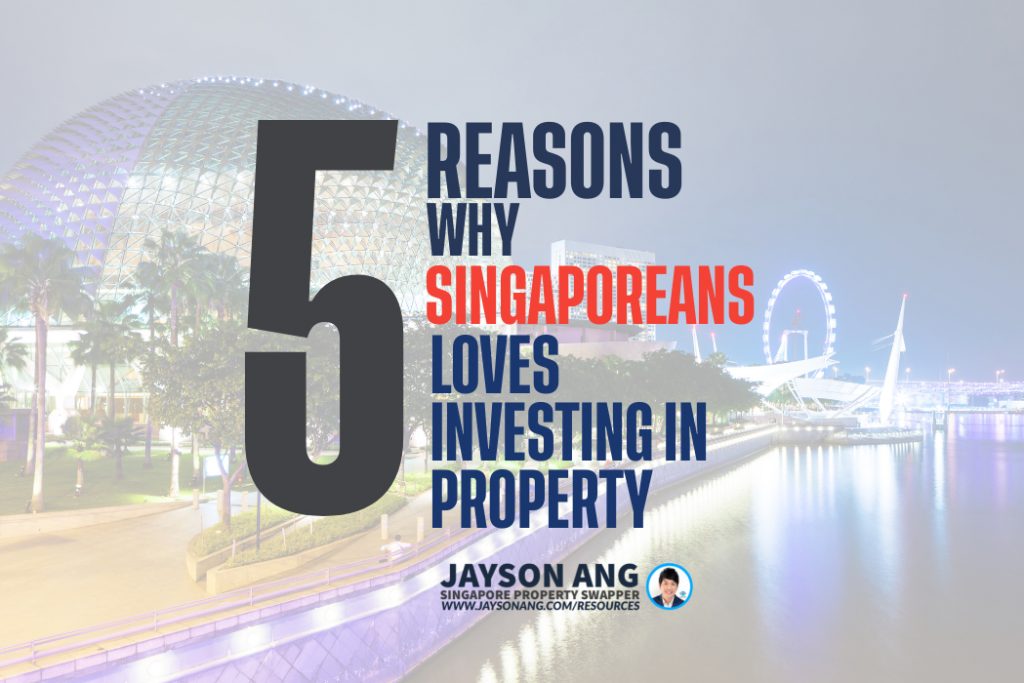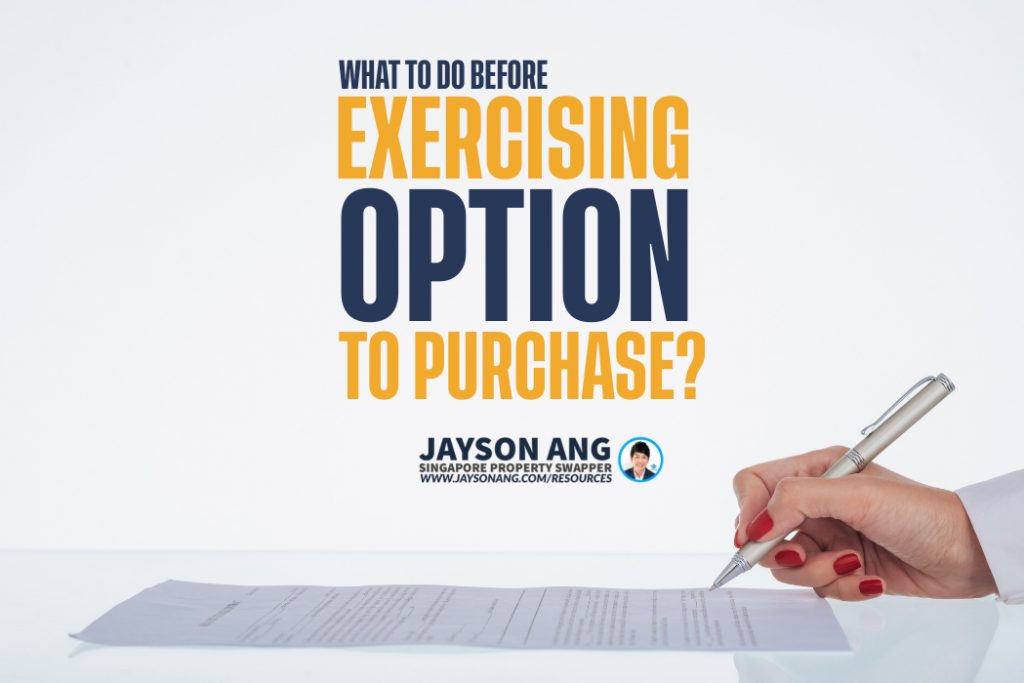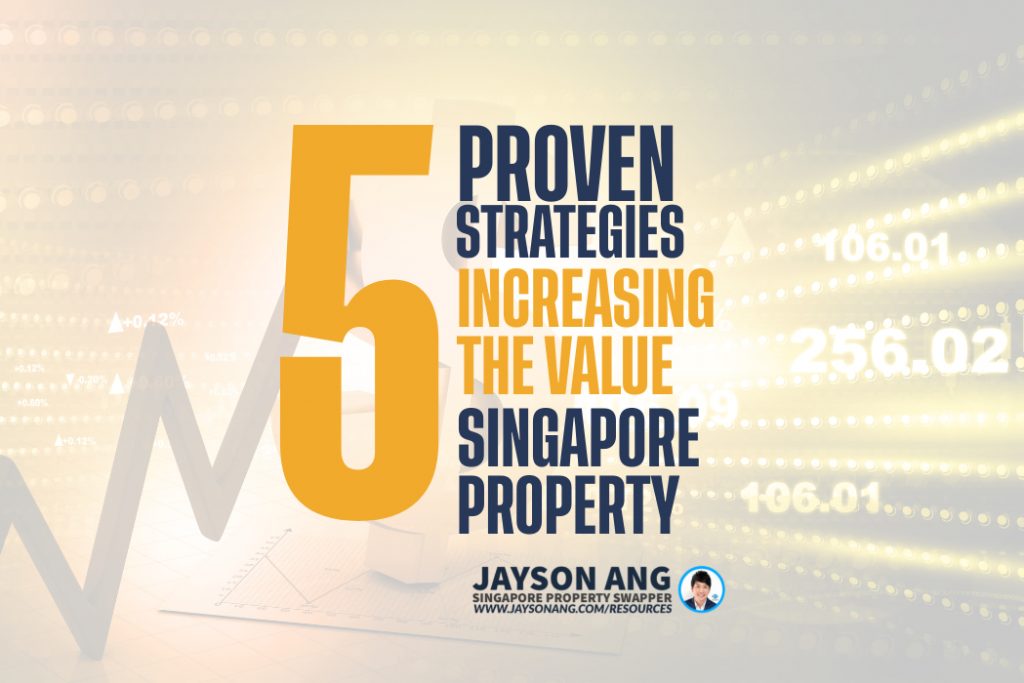TLDR
When it comes to property investments, timing is crucial. Buying at the right moment is only half the battle; knowing when to sell is equally important. Policies like the Seller’s Stamp Duty (SSD) can impact your resale plans, as seen in properties bought between 2003-2005 and 2015-2016. Luxury properties tend to suffer more significant losses, influenced by market dynamics and buyer demographics. Despite potential losses, most transactions only incur single-digit percentage losses. Patience and a long-term view can help navigate market uncertainties. For successful property investing, focus on strategic planning and understanding market trends to maximize profits.
We’re often told not to “buy at the top,” like we can spot that moment with some sort of sixth sense (we can only see it clearly looking back, right?). But this advice makes us miss a crucial point: to win in the property game, you need to make two smart moves, not just one. Picking the perfect time to buy is just part of the deal – figuring out when to sell is equally important. Even if you ace one but fumble on the other, you could still end up losing cash. So let’s dig a little deeper into some properties that were bought at what seemed like the “perfect” time. Ready to see how their stories played out?
Just a friendly reminder about the dates we’re using:
You might be wondering about the two different date ranges we used: one for condos purchased from 2003 to 2005, and another for those snagged up between 2015 to 2016. The reason behind this is simple – the Sellers Stamp Duty (SSD) came into the picture in February 2010. To put it plainly, SSD is a tax slapped on properties that are sold within three years of their purchase. Naturally, this would have had some sway on the resale prices.
Moving on, when picking out these dates, our radar was set on the lowest dips in the property market. In layman’s terms, these units were bought at what could be considered the “perfect” time, when prices were at an all-time low.
1. The SSD has Done Its Job Perfectly By Stopping Any Property Flipping
Even though it wasn’t the initial plan, the figures show that the Seller’s Stamp Duty (SSD) works pretty well. The whole idea behind SSD is to stop folks from quickly buying and selling homes, which boosts property prices and might blow up a property bubble.
Looking at the data, properties bought between 2003 and 2005 were usually held for about 2.4 years. But after the SSD was introduced (between 2015 and 2016), people held onto their properties for an average of 5.2 years.
That’s not the only thing to think about though. Changes in policy, like introducing the SSD, can really mess with your plans if you’re trying to make a quick buck. Say you bought a property in 2009 hoping to sell it for profit in 2010, but then the SSD comes into play in February 2010. Suddenly, you’re stuck holding onto that property longer than you wanted to. It goes to show, just buying at the right time isn’t enough; policies can trip you up when you’re trying to sell.
Still, how long people hold onto their properties could be a factor.
We noticed that in these losing transactions, people didn’t hang onto their properties for very long. Even those who bought after the SSD was introduced only held onto their properties for an average of 5.2 years, which isn’t that long. If you average out how long all buyers held onto their properties, it’s only 3.5 years.
This could mean that some folks are trying to make a quick profit. They buy early and try to sell as soon as the SSD period ends and the price has gone up. Or maybe they picked the wrong property, or life threw them a curveball and forced them to sell.
If these folks had held onto their properties longer, they might have avoided losses. So, even though they bought at the right time, they got tripped up by selling at the wrong time.
2. Singapore Luxury Homes Usually Don’t Do As Well
While crunching the numbers, we realized there was some similarity with a previous piece we’d written. In that one, we had delved into why posh homes often don’t do so well.
Quite a number of properties on our list, including The Oceanfront @ Sentosa Cove, Aalto, and The Scotts Tower, are part of the luxury market (though they aren’t always freehold). They seem to take a bigger hit than regular properties, even if they were bought when prices were low.
This suggests it’s not just about when the buyer steps in, but also about issues unique to the luxury market that can lead to larger losses. Just as we pointed out in the earlier article, it seems to come down to the potential for value increase and the limited number of buyers who can afford these expensive properties. When unexpected global events or market control measures kick in, they usually hit the luxury market harder. Plus, most local buyers would rather own a detached house, even if it costs more.
So, remember, these other factors could still affect your profit when you resell, even if you managed to secure a luxury property when the market was at its lowest.
3. Even For Properties That Aren’t High-End, The Chances Of Suffering Big Losses Are Still Pretty Slim
We may seem a bit harsh on those who try to guess the best time to buy or sell property. But let’s look at the bright side, most losses are only in single-digit percentages. We don’t think these losses really broke the bank for those who sold.
This shows that there can be a silver lining if you manage to nail the timing of your property purchase. Unless we’re talking about high-end properties, even if you sell at a bad time or in a rush, your initial lower price could help minimize your losses.
Timing the property market in Singapore? It’s not that simple
Every property agent we chatted with said the same thing: when you buy a house, make sure it’s one you’re happy to live in, even if it’s just a stepping-stone.
The Singapore government likes to keep a close eye on residential property, and policies like SSD, ABSD, and others can pop up overnight. One agent pointed out the cooling measures in May 2023 as an example: the government jacked up ABSD rates for foreign buyers from 30 to 60 percent, compared to the usual increase of five to ten percent.
The agent told us this sudden hike made a foreign buyer have second thoughts about their purchase, and his client had to accept a lower offer later on.
In plain English, selling a property for more than you paid for it means getting two things right: knowing when to buy and when to sell. This makes it tougher than most people realize. You might be better off focusing on patience: if you’re fine with waiting through ups and downs in the market, you could still see a nice profit, no matter when you bought.
Should You Buy, Sell or Wait?
If you’re reading this, you must be trying to figure out the best course of action right now: is it the right time to buy or sell?
It’s difficult to give an exact answer since everyone’s situation is unique and what works for one person may not necessarily work for you.
I can bring you a wealth of on-the-ground experience and a data-driven approach to provide clarity and direction. From beginners to experienced investors, our top-down, objective approach will help you on your real estate journey.
I can help you by:
- Offering Strategic Real Estate Advice – I can help create a comprehensive plan to guide you through your property journey.
- Connecting Your Home with the Perfect Buyers – Through stunning visuals, an effective communication strategy, and an in-depth knowledge of the market, we’ll ensure your home is presented in the best possible way to fulfill your goals.
You May Also Like …

